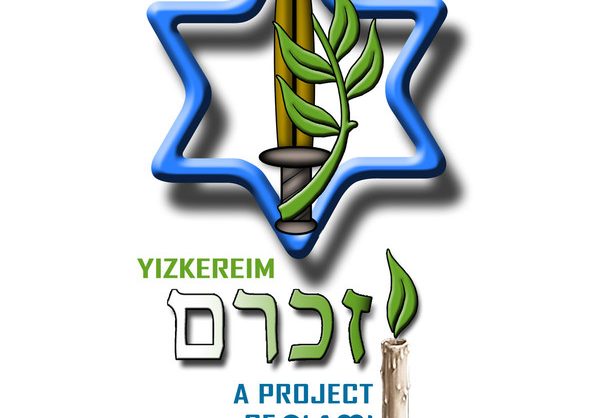Alkalai, Emanuel
Son of Shoshana and Shmuel, was born in 1931 in Jerusalem. From his childhood, he was gifted with a pleasant voice and excellent hearing, and participated in the choirs of a Spanish cantorial (his father was a cantor) and reading the Torah on the reasons of public playing on holidays. He would give the pennies he paid to charity or bring home. The economic situation of the family was not good and Emmanuel was forced to stop his studies before the end of the elementary school and began to work as an apprentice at the Jerusalem printing press. At the age of 16 and a quarter, he reached the rank of typist. And now he would bring his salary home to help the family. He was very devoted to his mother and in the few leisure hours that in the winter nights she would enjoy her time reading stories from the Torah and the midrashim, singing or picking up a mandolin. As a member of Hanoar Haoved, he joined the Gadna youth movement at the age of 13. When he was 15 years old, he was injured during training on Mount Scopus and lay for 35 days because of a concussion, and he was reassured by his absence from home on Saturdays and nights. In the wake of the UN General Assembly resolution, he served in the “Moriah” battalion of the Jerusalem branch of the Hagashah and took part in many battles in Jerusalem and its environs, where he stayed in Neve Ya’akov until the evacuation, defended Hadassah Hospital on Mount Scopus and at every opportunity Was in a hurry to visit the house to calm his mother, and among his other tasks he took part in the search for those who were not wet until he found one of them in his blood, Goes crazy nine hours carrying on his shoulders a mile, but the wounded died. It shocked Emmanuel and he vowed revenge. He moved with his unit in the “intruders” ‘Harel’ Brigade of the Palmach and retired outpost Jerusalem corridor. He had barely managed to visit his parents’ house near the start of the second truce, but he did not accept their solicitation to stay at home, although the truce was about to take effect. He returned to his battalion, and on that evening, on the 11th of Tammuz 5708 (18.7.1948), he went on a tour to the Beit-Tool outpost in the Ma’ale Hahamisha area. He stood bravely against irregular forces who attacked with superior force and, after being wounded in the head, continued to shoot. The medic who was sent to his medic asked that he not tell his mother about his injuries. During the withdrawal he remained on the battlefield and was considered absent. His bones were later collected and buried in a mass grave at the military cemetery on Mount Herzl in Jerusalem on the 11th of Adar 5702 (February 28, 1950)
